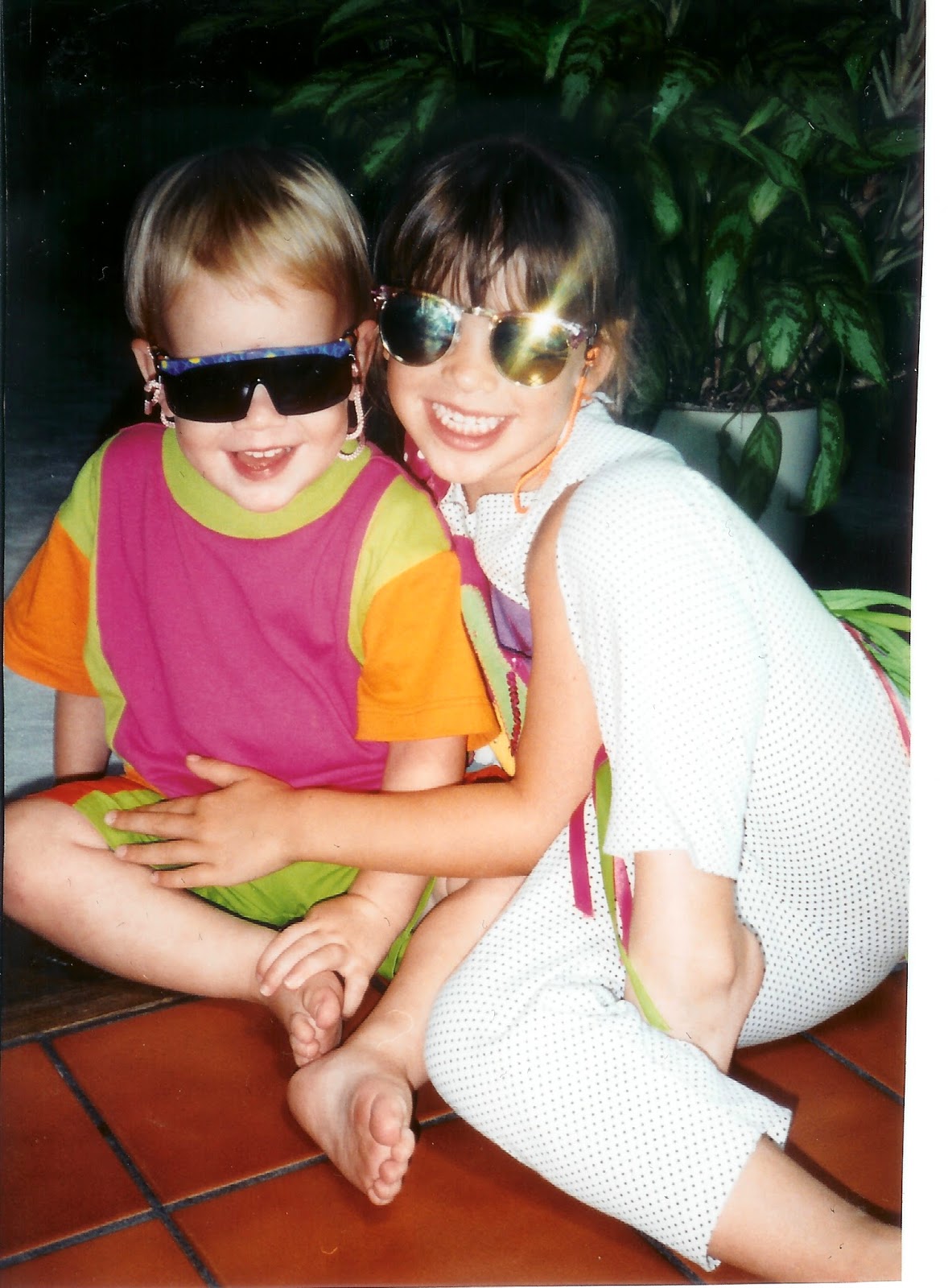The concert finished with an
encore and the audience leaped to their feet.
With me was my college roommate and best friend, “Duck”, named because
someone thought the way his feet pointed out made him waddle when he walked like
a silly aquatic bird. He had gotten us
great seats. Except for the big guy and
his wife immediately in front of us, whose enthusiasm limited our views a bit, it
was still a fantastic show. When the
house lights came on, we lingered to savor the moment and people-watch as the
fans lined up to leave.
Not surprisingly we
recognized no one. We were students at
the University of North Carolina but the venue tonight was in Durham near Duke
University. Despite the intense rivalry
between Duke and UNC, we had ventured out from the safety of Chapel Hill to
experience a concert with plans to return quickly before we got hives or threw
up or something worse from being so close to the Dookies. Just by attending UNC we had a natural and
deep distaste for them. We hated Duke.
Gathering my things I noticed
a wallet lying on the floor under the chair in front of me. Must have been the big guy’s, I thought, but
he was nowhere to be seen. “Duck” opened
the wallet and explored it. Some cash, a
few charge cards, a photo of his attractive daughter, and finally, an ID. Tom Butters was the name and we recognized
it. Duke University’s Athletic Director.
Back in Blue Heaven, we
returned to the familiar security of our dorm room with our hostage wallet. Not wanting to invite bad karma by tossing it
down the garbage chute or into the pool, we repressed our Duke animosity for a
moment and did the right thing.
Before the days of cell
phones and the Internet, contacting people who were out of earshot could only
be done by mail or using a shared telephone attached to a wall. Opening the window and yelling just wouldn’t
do it. We made several information calls
to an operator before we finally got Mr. Butter’s phone number. Dialing his number and holding the receiver
close between our faces, we stifled our snickers and tried not to make stupid
comments as the coiled plastic cord bounced annoyingly between us. A surprisingly nice voice answered which
became elated as we told him the good news. We had found his wallet.
Between gushing thank yous
and exchanging information, Tom said he would send over one of his assistants
(likely another Dookie) to retrieve his wallet.
“You boys did good.” he
bellowed. “I’ll have my assistant leave
you something for your trouble.”
A reward!?! Now we gushed gratefully as we fantasized about
what it might be. Cash? Awesome!
A date with his daughter?
Unlikely. Food? Even better!
A couple of Domino’s pizzas would finish out the night just right.
We left his wallet safely with
our front desk clerk as instructed and when we returned an hour later, a plain white envelope was handed to us. Inside were two Duke basketball tickets. First game of the season. Third row seats. Center court.
At Cameron Indoor Stadium.
Surprise! We love basketball, but mostly UNC
basketball. Most people would have been
thrilled to spend an evening with the Cameron Crazies. A generous gift for most but for us a trip
back to Duke country to witness our hated enemy beat up a lesser opponent in
their season opener would be like a day at the beach in a tropical storm.
We made the best of it. No, we didn’t sell the tickets. Realizing we were going to be in very visible seats, and urged on by our fervent and fanatical friends, we dressed in the Duke opponent’s red colors and headed for Krzyzewskiville. To root for ...Yugoslavia!
Our seats were so close we could smell the body odor radiating from the Yugo players’ unwashed
uniforms. Or was that the Dookies? Standing
for every basket made by the Yugoslavia National Team, and vocally taunting the
refs for every call made against the Reds, we exchanged obnoxious low fives
(high fives weren’t invented yet) at every missed Blue Devil shot and cheered
loudly for the Communists to beat Duke.
In 1981, Duke went on to finish their season with 10 wins against an embarrassing 17 losses, ranking 218 out of 273 teams in
the country and a sad sixth place finish in the ACC conference. And, of course, no March Madness for them.
And UNC? We won the ACC tournament and made it to the NCAA Championship game.
And UNC? We won the ACC tournament and made it to the NCAA Championship game.
I like to think “Duck” and I
had something to do with that.
Go Heels! Anybody but Duke.













